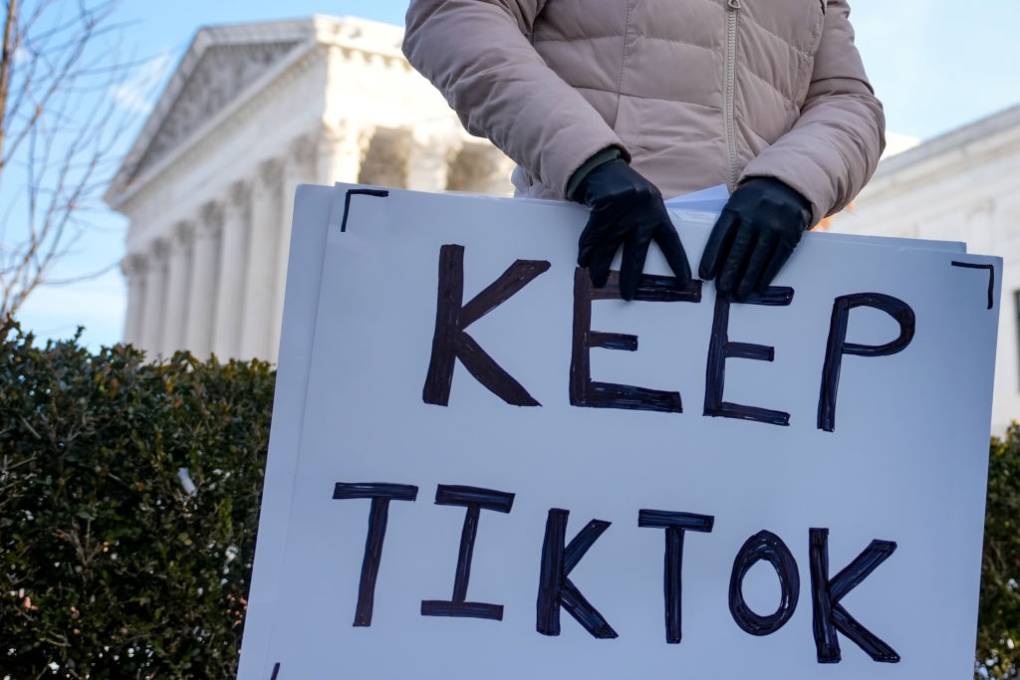According to the ACLU’s Toomey, the TikTok ban does not target individuals who use a VPN. “It’s important for people to understand that they will not be subject to criminal or civil penalties if they continue to use TikTok on their phone,” he said, asserting once more that the law focuses on companies and websites that distribute TikTok.
But even with a VPN, the content you see on TikTok after Jan. 19 may be completely different from what you’re used to. Because it will become harder and harder for many U.S.-based content creators to make and share videos, many are expected to switch to other platforms, or post on other platforms in addition to TikTok, if they haven’t already started doing so.
Will it be illegal to use other apps based in China, like Xiaohongshu?
In these last few days before the ban kicks in, thousands of Americans have downloaded another social media app based in China: Xiaohongshu — also known as Little Red Book or RedNote. The app is similar to TikTok as it offers a seemingly limitless supply of vertical videos, along with tools to create blog-like content.
But the language of the federal ban appears to hold the door open to including any other app based out of any country considered a foreign adversary. That list includes not just China, but Russia, Iran and North Korea.
Is there any hope of this ban being averted in the courts?
TikTok has sued the federal government over the ban, arguing it contravenes the Constitution’s First Amendment, which guarantees free speech while the government insists the law is necessary to guarantee national security.
This lawsuit finally reached the Supreme Court just last week, only a few days before the ban comes into effect. But several justices have already expressed their doubts about TikTok’s argument and several legal scholars think it’s likely the court will uphold the ban.
The incoming Trump administration is considering several strategies, including a potential executive order, to “keep TikTok from going dark.” Any executive order from The White House, however, could challenge the other branches of government, despite conservative majorities in both Congress and the Supreme Court.
This story includes reporting from KQED’s Samantha Lim.
This article was originally published by a www.kqed.org . Read the Original article here. .

